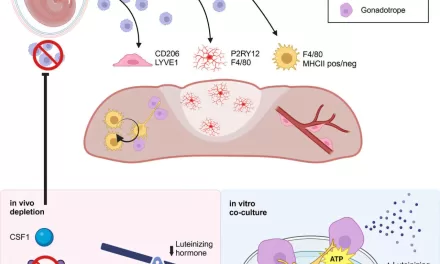Abortion Restrictions Lead to Tens of Thousands of Rape-Related Pregnancies
In the aftermath of the overturning of Roe v. Wade in June 2022, a recent study published in JAMA Internal Medicine sheds light on the distressing consequences faced by tens of thousands of women and girls who have experienced pregnancies resulting from rape in U.S. states with restrictive abortion laws.
The study, based on federal crime and sexual violence survey data, discloses that approximately 520,000 rapes occurred in the 14 states that imposed abortion restrictions, leading to 64,565 pregnancies. Shockingly, over 90 percent of these pregnancies transpired in states with abortion bans that lacked exceptions for cases of rape.
Dr. Corinne Rocca, a professor of obstetrics, gynecology, and reproductive sciences at the University of California in San Francisco, emphasizes the profound impact of abortion bans, stating, “Abortion bans are already having a devastating effect on people’s bodily autonomy and lives, including those of rape victims.”
Key Findings and Impact:
- 64,565 Pregnancies: The study, utilizing data from 14 states, reveals that rape incidents resulted in 64,565 pregnancies during the period of 4 to 18 months, depending on the duration of abortion bans in each state.
- Texas Leads the Numbers: Texas accounted for approximately 45 percent of the total rape-related pregnancies, totaling around 26,000. Missouri and Tennessee followed with about 5,800 and 5,000 pregnancies, respectively.
- Limited Legal Abortions: In states with abortion restrictions, the study indicates that 10 or fewer legal abortions were provided monthly. Survivors faced challenges, such as seeking out-of-state abortions, self-managing abortions, or carrying pregnancies to term.
- Exceptions and Reporting Difficulties: While five states had abortion bans with exceptions for rape, accessing legal abortions often required survivors to report the rape to the police or undergo invasive medical exams, adding emotional and practical challenges.
- Hurdles to Accessing Care: Fear of legal consequences, lack of knowledge about safe abortion options, and logistical challenges hindered survivors from accessing care. Traveling out-of-state required significant resources, including time off work, child care, and financial expenses.
The study underscores the profound impact of restrictive abortion laws on survivors of rape and highlights the urgent need for addressing the barriers to reproductive care. Dr. Rocca emphasizes the hurdles faced by survivors, stating, “We haven’t looked explicitly at rape-related pregnancy; it is certainly possible that rape victims face additional obstacles.”
As debates on reproductive rights continue, the study contributes essential data to the ongoing conversation, revealing the tangible and distressing consequences of restrictive abortion legislation on individuals who have already endured trauma.











